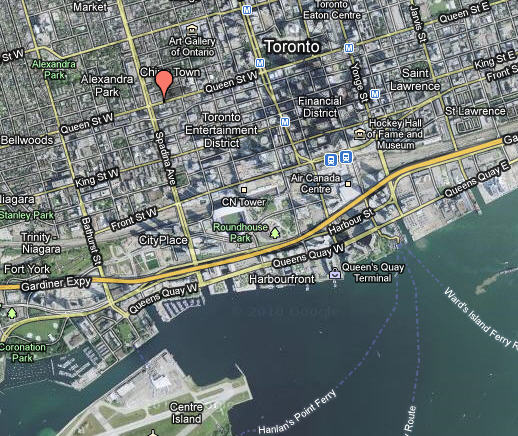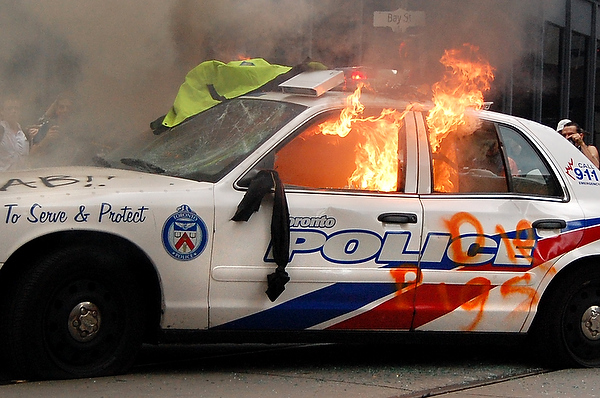The close call reported earlier now seems to have been even closer:
Officers guarding the royal couple were using radios on a different channel from those patrolling Thursday’s student riots, meaning they received no warning that protesters were blocking their route.
As a result, dozens of thugs subjected the convoy to an attack in which the Duchess was jabbed in the ribs with a stick through an open car window as the couple were being driven to the Royal Variety Performance.
Sir Paul Stephenson, the Metropolitan Police Commissioner, praised armed protection officers for showing “very real restraint”, suggesting that they came close to drawing their guns on protesters, who were heard to chant “off with their heads”.
I’m pretty far from being a staunch royalist, but this incident was an “own goal” on the part of the protesters. There are many ways to express your concern and anger, but attacking innocent bystanders will usually lose you the public support you might otherwise be able to depend on. Attacking members of the royal family — who don’t have a constitutional role in setting government policy — is just plain stupid.
H/T to Chris Greaves for the link.
Update: Chris followed up with this observation.
[. . .] just between you and me I was struck by the parallels between the accounts of Charles & Camel, and the minute-by-minute goof-ups of Archduke Wossit and his morgantic wife; the chauffeur taking a wrong turn on the way back from the town hall, the poor security in place, etc.
Any would-be republicans should be blessing their luck that this turned out to be less harmful than the Sarajevo incident in 1914. Had any harm come to the Prince of Wales, British public opinion would (based on past events) have swung heavily in favour of the royal family. Prince Charles is perhaps the least well-liked royal at the moment, but if he’d been “martyred” by the mob, do you think there’d be any hope for getting rid of the monarchy for at least another generation?









